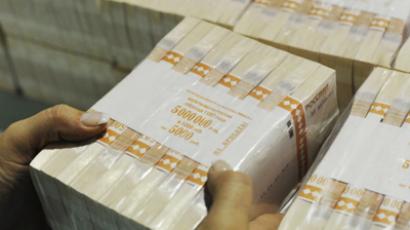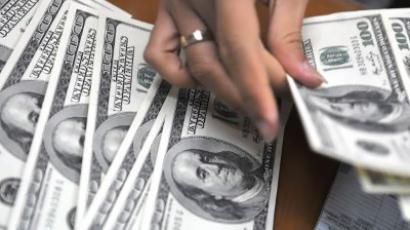Money-go-round: more direct investment in Russia, but outflow still stronger
Foreign direct investment into the Russian economy increased 43 percent in the first three quarters of 2011 reaching $11.7 billion. The foreign capital inflow grew almost threefold reaching $134bln.
Most injections into Russian economy came from Cyprus and the Netherlands. Many Russian enterprises have their parent companies registered in those countries due to tax reasons.However, capital outflow at the same period of time reached 94 billion dollars, with Russia mostly moving money into the Swiss and Austrian economies. Yet, analysts say there are many lucrative places in the Russian economy to invest in. “There is major interest to invest in infrastructure and to invest in sectors that benefit from the growth of the Russian middle class. There is massive growth in the middle class, which feeds growth in agriculture, in medical consumption, in financial services, in all sorts of sectors,” says Kirril Dmitriev the head of the Russia Direct Investment fund.Direct investment, investment into Russian bricks and mortar is the most important and indicative figure for Russian economy. However half of foreign capital still flows into the financial sector and for speculation on the financial markets.What most foreign investors want is for the rules of the game in Russia to be more transparent. And Russian lawmakers are working hard to make it easier for businessmen from abroad to enter the country’s markets, real or financial. An change in Federal law on foreign investment lifts the need for approval from the State Commission which used to be time consuming. From now on a large percentage of deals can be done by-passing the state. Speaking to foreign businessmen Prime Minister Putin says there will be no trace of the economic turmoil by the beginning of 2012. With inflation going down to 7% its lowest level in Russian history and foreign debt only 2.5 percent of the country’s GDP the climate for foreign capital should become easier. Further increase of foreign money inflow could be stimulated by Russia’s accession to the WTO.














